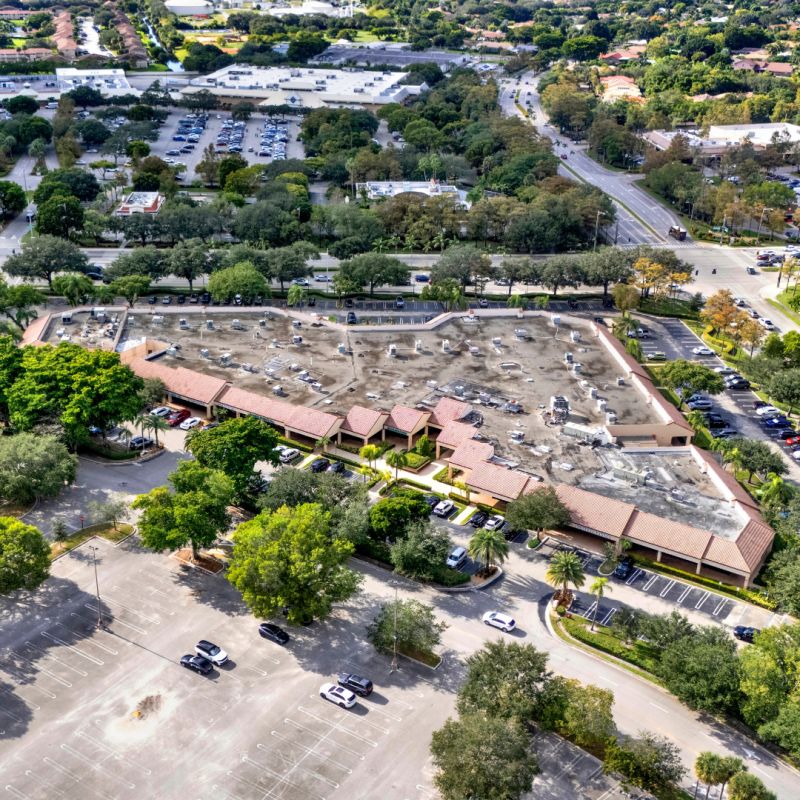M
arket Insights
Can you over-improve a house? The concept of "super-adequacy" in real estate refers to improvements or features that exceed what's typical for an area, potentially decreasing the property's market value. This occurs when added value doesn't translate into a proportional increase in market value.
Definition: Super-adequacy is a type of functional obsolescence where a property has features that exceed market expectations or typical preferences for that location. For example, a large, luxurious kitchen in a neighborhood with modest kitchens may not be fully appreciated by Buyers, making Sellers' higher expectations difficult to meet.
Impact on Value: Super-adequacies can reduce a property's market value because Buyers may not pay a premium for features that are not considered standard or desirable in the area. If you've developed a $2 million home in an area that trades for $1 million, you'll likely take a substantial hit when selling.
Other examples of super-adequacies include:
* Swimming pools
* Tennis courts
* Wine cellars
* Highly personalized dressing rooms/baths
* High-end kitchens
* Multi-car garages with lifts
Related Considerations: Sauna, steam showers, and hot tubs often bring no additional value, while gyms may be neutral since they're not expensive installations. Converted garages may be a push depending on available storage.
The reality is that improving your property without over-improving it is key to maintaining its market value. Making affordable, timeless choices can improve the property without decreasing its value. If you intend to sell the home at some future date, it's essential to find reasonable and measured choices that won't lead to super-adequacy.
To recap: "super-adequacy" is over-improving your home with the false notion that every dollar spent will be returned. A return on investment doesn't necessarily follow, especially if the improvements are too expensive to carry their weight. In such cases, these over-enhancements should be considered aesthetic choices, not financial ones.
Necessary home improvements that don't pay back in whole typically involve infrastructure, such as foundations, roofs, plumbing, and electrical systems. While these are essential for the health, safety, and comfort of your home, they don't necessarily translate into higher returns come time to sell.














